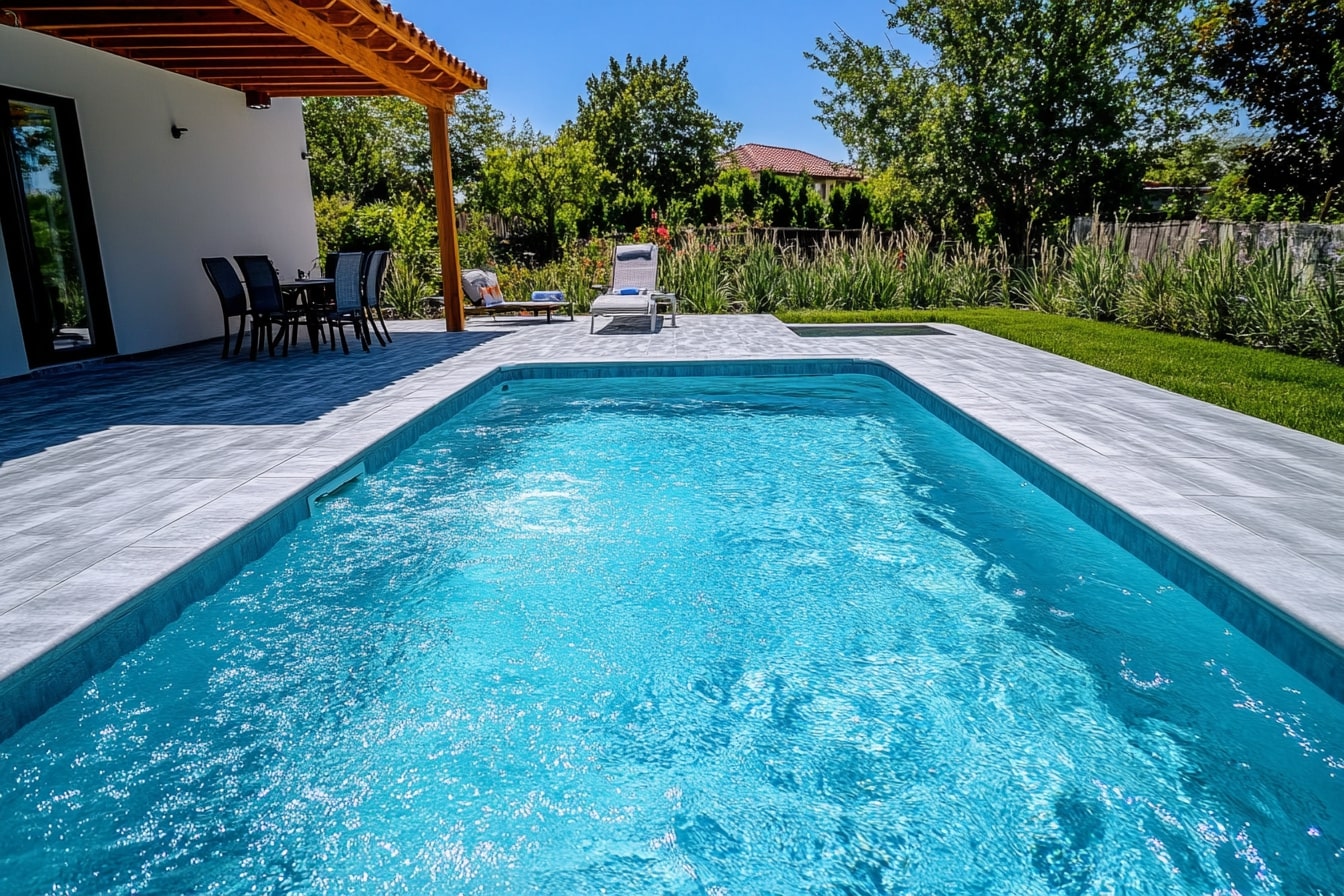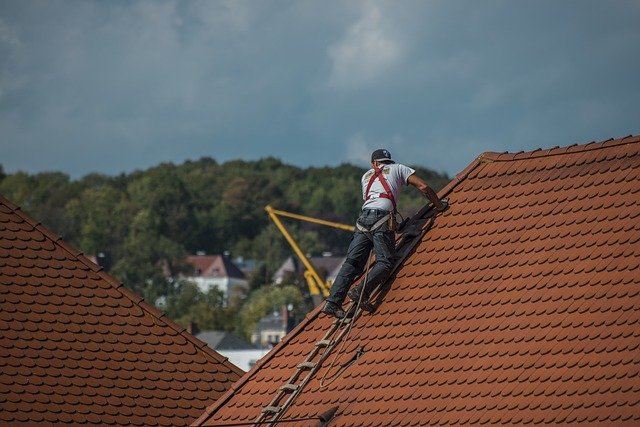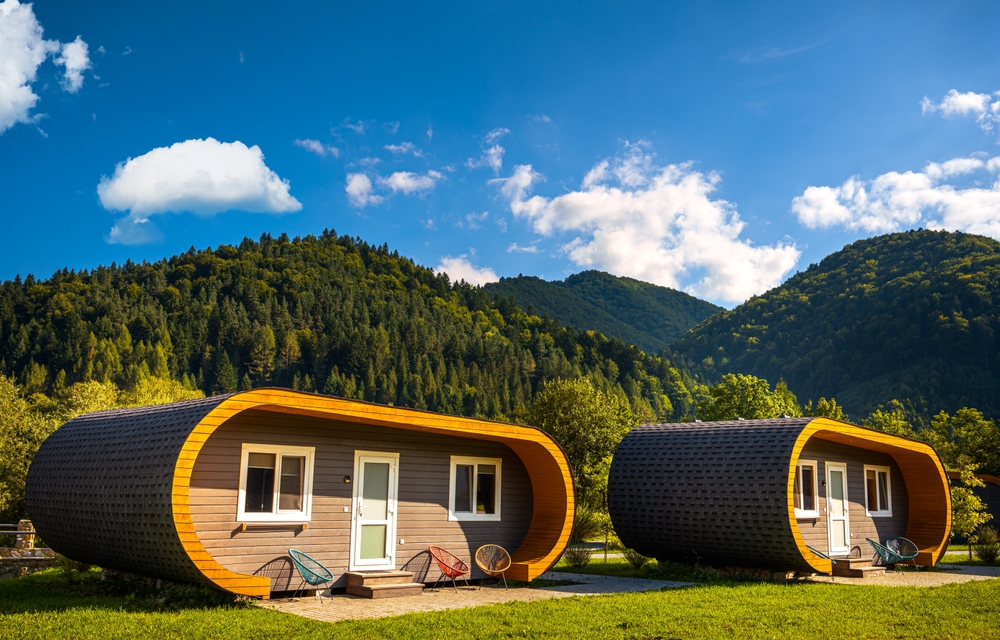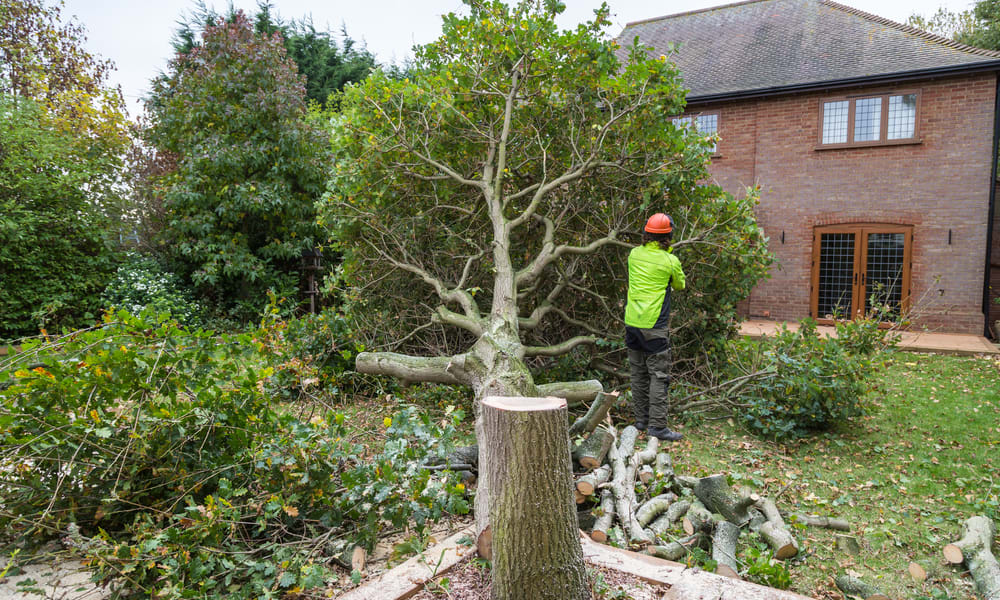Pool Shells: A Foundation for Durable Swimming Pools
Discover how pool shells can create durable and stylish pools. Built to last and designed with aesthetics in mind, they provide a strong foundation for backyard pools while offering versatile design options that blend beauty with long-lasting performance.

What Makes Pool Shells Essential for Durable and Stylish Pools
Pool shells represent the core structure of any swimming pool, functioning as the primary containment system that holds thousands of gallons of water. The shell’s quality directly impacts the pool’s longevity, maintenance requirements, and overall performance. Modern pool shells are engineered to withstand ground movement, temperature fluctuations, and constant water pressure while maintaining their structural integrity for decades.
The durability of a pool shell depends largely on the materials used and the construction method employed. Fiberglass shells offer excellent resistance to cracking and require minimal maintenance, while concrete shells provide unlimited design flexibility and can be customized to any shape or size. Vinyl liner pools use a different approach, with the shell typically constructed from steel, aluminum, or polymer walls that support a waterproof vinyl liner.
Construction Methods for Long-Lasting Pool Shells
The construction process for pool shells varies significantly depending on the chosen material and design requirements. Fiberglass shells are manufactured in controlled factory environments using advanced molding techniques, ensuring consistent quality and structural integrity. These shells arrive at the installation site as complete units, ready for placement in the excavated area.
Concrete pool shells, often called gunite or shotcrete pools, are built on-site using steel reinforcement bars and pneumatically applied concrete. This method allows for complete customization of shape, depth, and features, making it popular for unique designs and challenging installation sites. The concrete curing process is critical for achieving maximum strength and durability.
Polymer and steel wall systems represent another approach to pool shell construction, where prefabricated panels are assembled to create the pool’s perimeter. These systems often incorporate advanced engineering features like interlocking panels and reinforced connection points to ensure structural stability.
Key Benefits of Using Pool Shells for Durable Pools
Pool shells offer numerous advantages that contribute to both immediate functionality and long-term value. The primary benefit lies in structural integrity, as properly constructed shells can withstand decades of use without significant deterioration. This durability translates to reduced maintenance costs and fewer unexpected repairs over the pool’s lifetime.
Water retention efficiency represents another significant benefit, as quality pool shells maintain watertight seals that prevent costly water loss and potential damage to surrounding structures. Modern shell designs incorporate advanced waterproofing technologies and materials that resist chemical degradation from pool treatments.
The thermal properties of different shell materials also impact energy efficiency and user comfort. Fiberglass shells naturally retain heat better than concrete alternatives, potentially reducing heating costs. Some shell designs incorporate insulation features that further enhance energy performance, making them attractive options for year-round pool use.
| Shell Type | Provider/Manufacturer | Key Features | Cost Estimation |
|---|---|---|---|
| Fiberglass | Leisure Pools | Pre-formed, smooth surface, quick installation | $45,000-$85,000 |
| Gunite/Concrete | Local Pool Contractors | Fully customizable, unlimited shapes | $50,000-$120,000 |
| Vinyl Liner | Latham Pool Products | Steel/polymer walls, replaceable liner | $35,000-$65,000 |
| Polymer Composite | Imagine Pools | Lightweight, ceramic core, UV resistant | $40,000-$75,000 |
Prices, rates, or cost estimates mentioned in this article are based on the latest available information but may change over time. Independent research is advised before making financial decisions.
Installation Considerations and Professional Requirements
Pool shell installation requires extensive expertise and specialized equipment, making professional installation essential for optimal results. The process begins with precise excavation, followed by proper base preparation and utility installation. Soil conditions, drainage requirements, and local building codes all influence the installation approach and timeline.
Professional installers must coordinate multiple trades including excavation, plumbing, electrical, and finishing work to ensure proper integration of all systems. The shell installation itself often represents just one phase of a complex construction process that can take several weeks or months to complete.
Proper installation also involves careful attention to backfilling procedures, which help support the shell structure and prevent future settling or movement. Different shell types require specific backfilling materials and techniques to maintain warranty coverage and ensure long-term performance.
Pool shells form the foundation of any successful swimming pool project, providing the structural integrity and design flexibility needed for decades of enjoyment. Whether choosing fiberglass for quick installation and low maintenance, concrete for unlimited customization, or vinyl liner systems for budget-conscious installations, understanding the characteristics and benefits of each option helps ensure the best outcome for your specific needs and circumstances.




